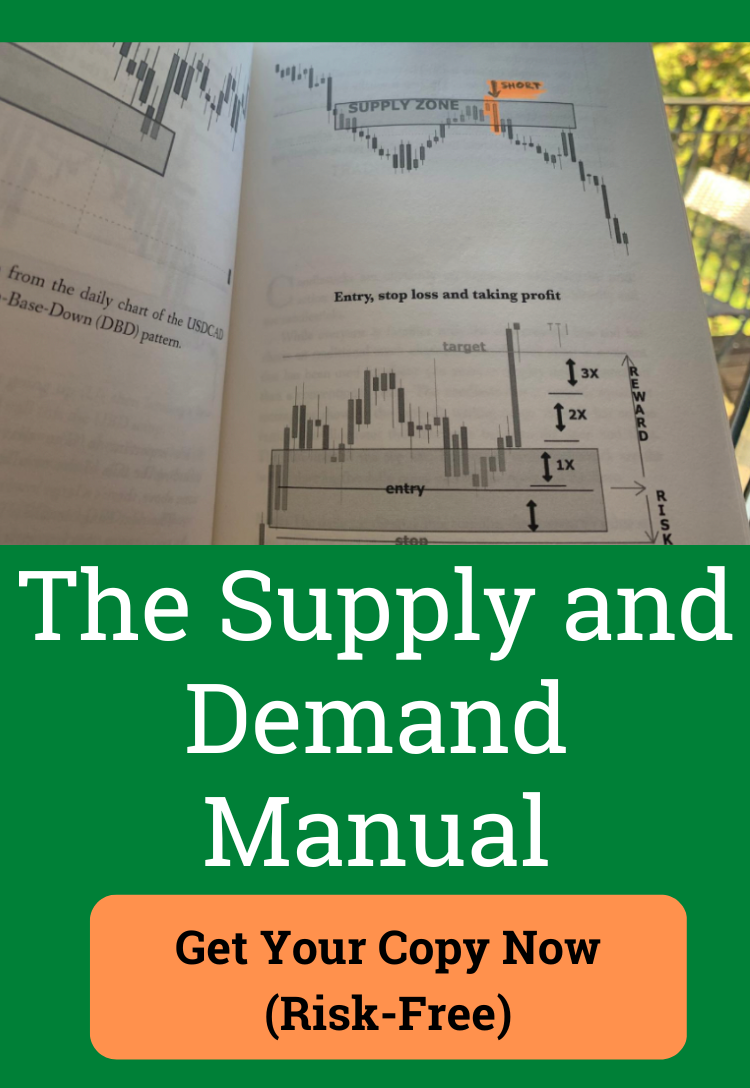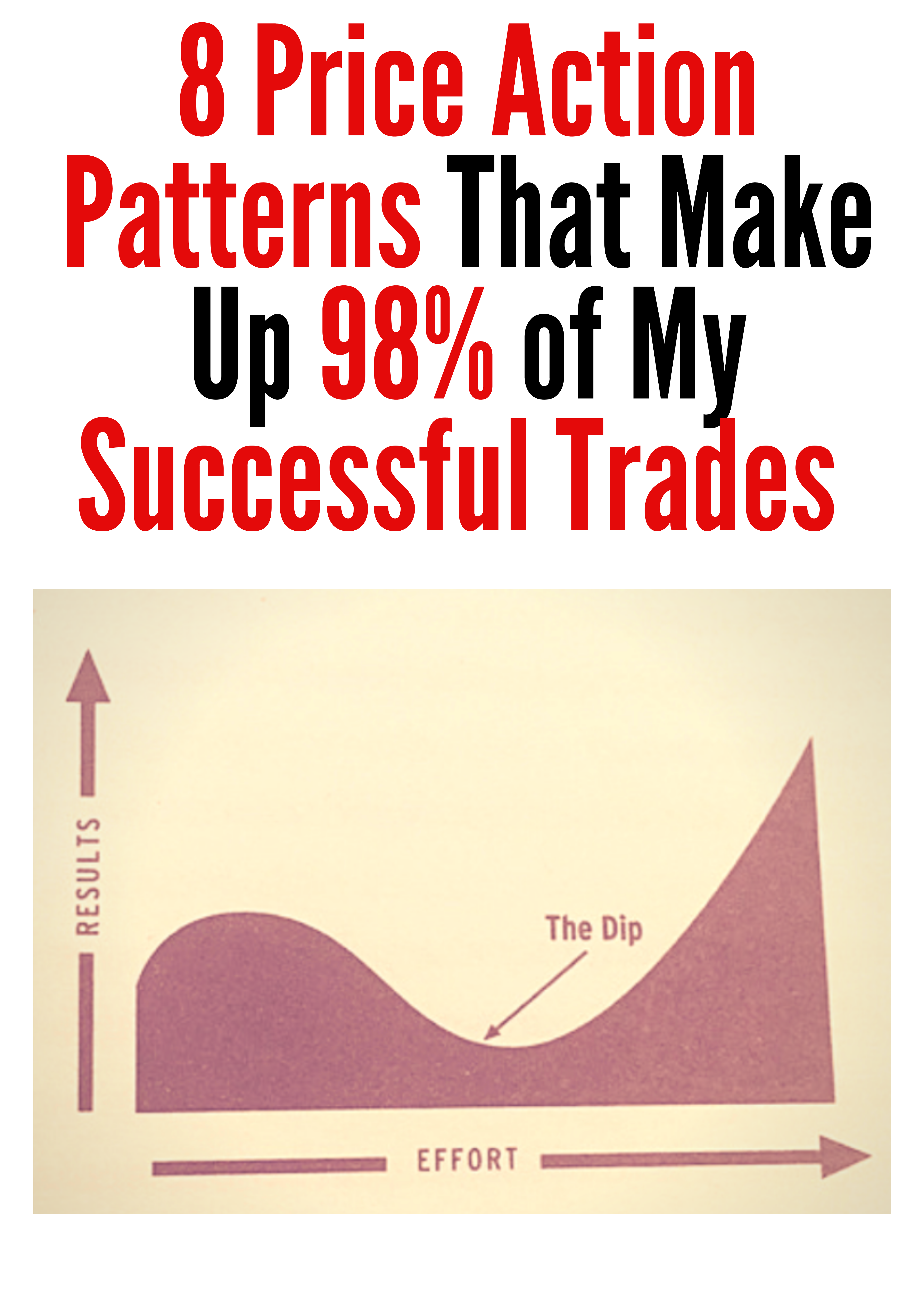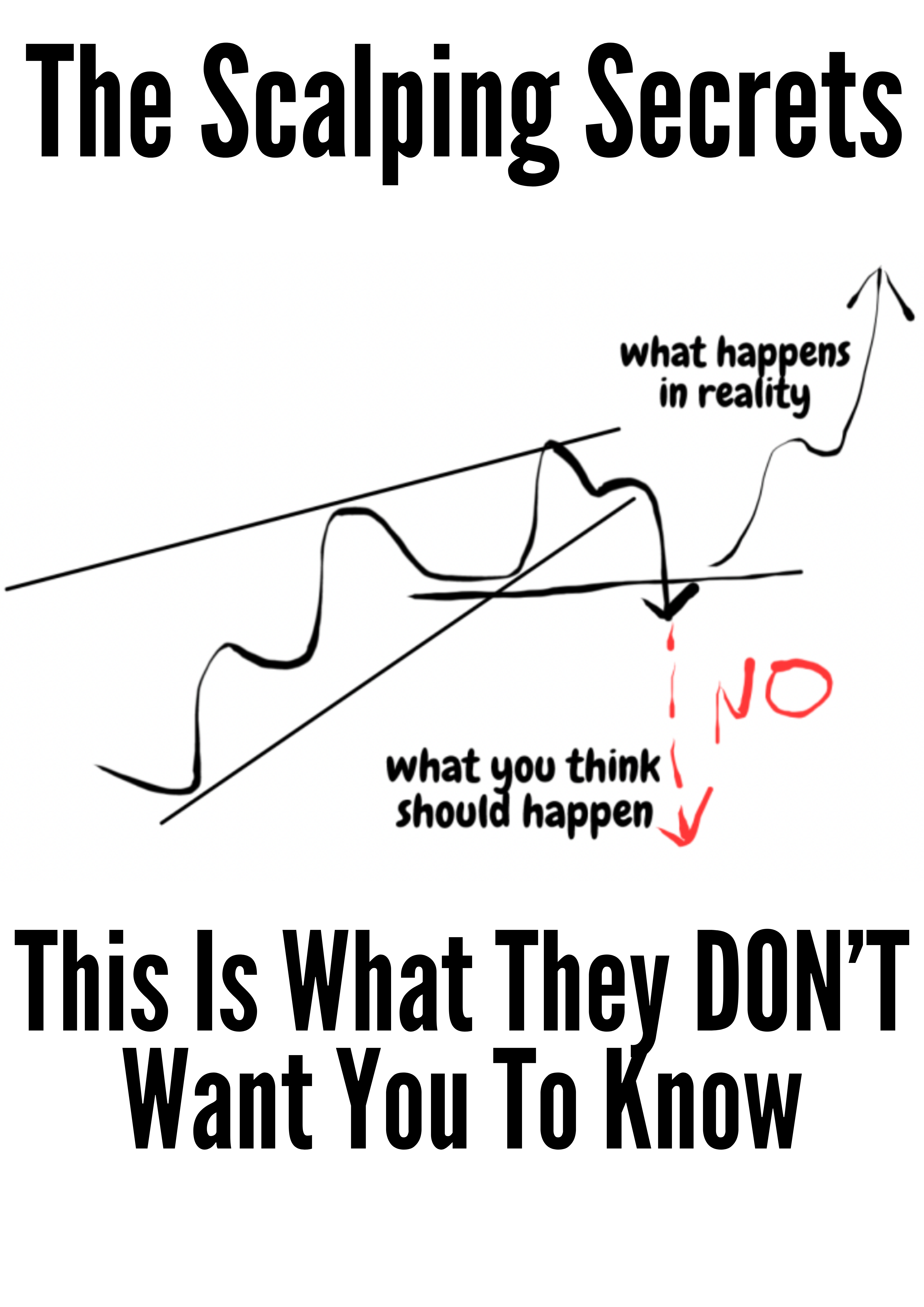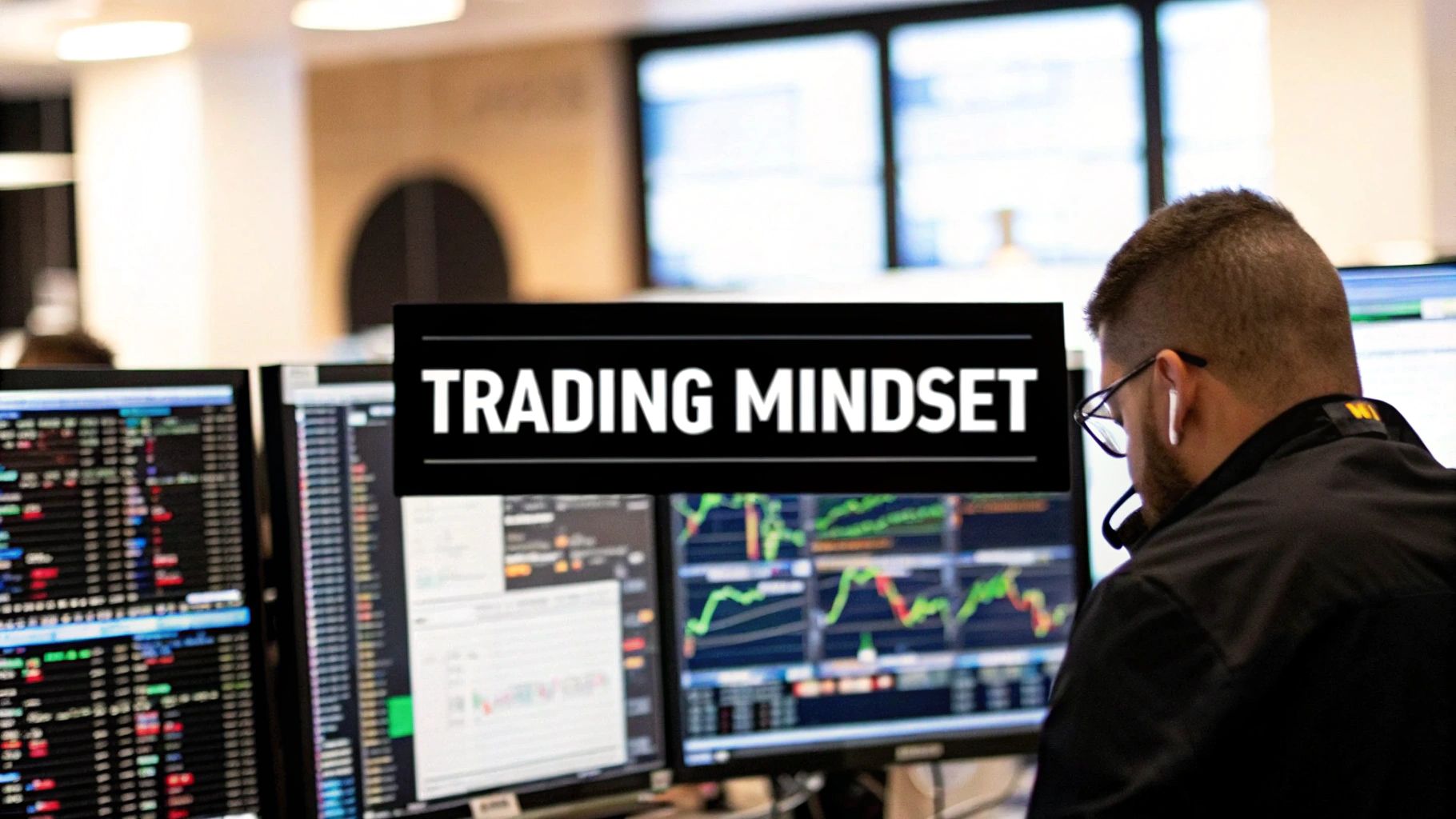Boost Your Trading Skills with Our Trading Psychology Course
Why Psychology Trumps Strategy in Trading Success
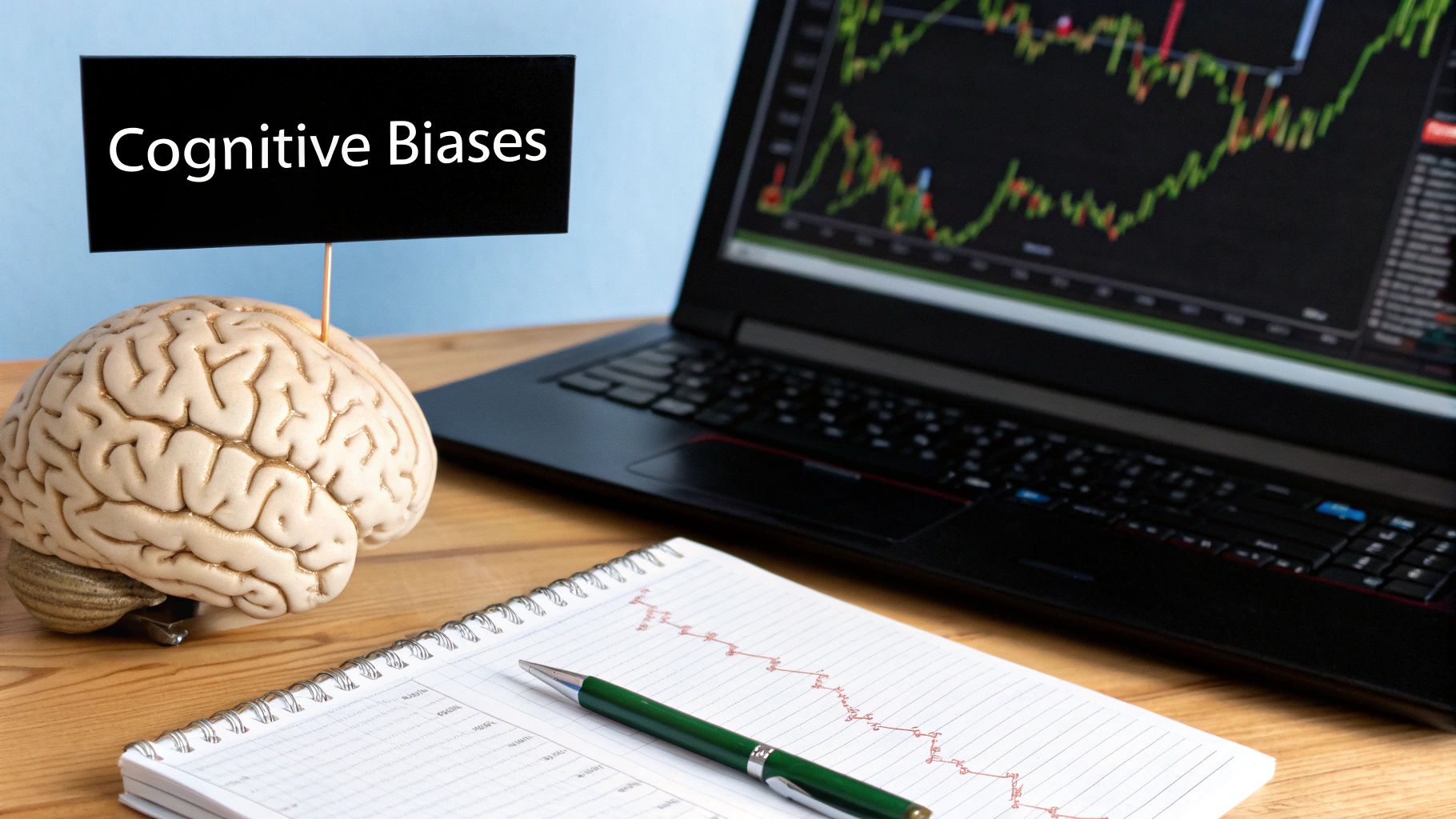
Imagine the perfect trading strategy, meticulously backtested and optimized. You're confident and ready to make your mark. Then, a few unexpected losses hit. Fear sets in. Doubt clouds your judgment. You hesitate, missing a prime opportunity, then impulsively overtrade trying to recover. Does this scenario feel familiar? It underscores a crucial truth: even the best-laid plans crumble when emotions take the reins.
Trading psychology, frequently overlooked, is the true foundation of sustained success. It’s the mental resilience enabling consistent strategy execution, regardless of market volatility. A dedicated trading psychology course equips you with tools to manage the inherent emotional swings of trading. This involves mastering fear, greed, and other psychological traps that can derail promising traders.
Understanding the Psychological Battlefield
Visualize the market as a psychological battleground. Your adversaries aren't solely other traders; they are your own internal struggles. Fear can be paralyzing, leading to missed chances or early exits. Greed can fuel reckless decisions, pushing you beyond your risk tolerance. Overconfidence, particularly after a winning streak, can blind you to looming dangers.
Let’s say a trader stubbornly clings to a losing position, hoping for a rebound. This behavior is often rooted in loss aversion, the psychological tendency to feel losses more acutely than equivalent gains. This emotional bias can have disastrous results, highlighting the vital role of emotional regulation. A good trading psychology course helps you recognize these triggers and develop strategies to counteract them.
The significance of trading psychology is further emphasized by the fact that roughly 70% of trading decisions are emotionally driven. Research consistently demonstrates that traders who manage their emotions effectively tend to outperform their peers over time. For instance, studies by the CME Group indicate a strong correlation between emotional control and consistent profitability.
Mastering Your Mind for Consistent Profits
Trading psychology isn't just about suppressing negative emotions; it's about cultivating a winning mentality. This involves nurturing discipline, patience, and resilience. A structured trading psychology course offers a framework to build these essential mental skills.
Consider the concept of "grit," defined as the blend of passion and perseverance for long-term goals. Trading demands grit to weather the inevitable market downturns and remain committed to your plan. A focused trading psychology course helps cultivate this trait, providing the mental toughness required for sustained success.
Successfully navigating the psychological complexities of trading is often the deciding factor between consistent gains and crippling losses. Investing in a trading psychology course, like those offered by Colibri Trader, is more than just skill enhancement; it's an investment in your long-term trading potential. It provides the mental framework to conquer the emotional challenges, allowing you to execute strategies with confidence and consistency.
The Essential Elements of Powerful Trading Psychology Training
What separates a truly effective trading psychology course from a short-lived motivational speech? The key lies in the essential components that create lasting changes in behavior. Top-tier programs build psychological resilience by focusing on cognitive bias awareness, emotional regulation techniques, and performance psychology principles.
Deconstructing the Winning Mindset
A strong trading psychology course offers a structured way to understand and manage the emotional ups and downs of trading. It goes beyond simple positive thinking and explores the underlying psychological factors that influence decisions.
-
Cognitive Bias Recognition: These courses help traders spot common cognitive biases, like confirmation bias (favoring information that supports pre-existing beliefs) and loss aversion. Understanding these biases is the first step to reducing their impact on trades.
-
Emotional Regulation: Effective programs give traders practical tools to manage emotions like fear and greed. These may include mindfulness practice, stress reduction strategies, or developing pre-trade routines.
-
Performance Psychology: This area focuses on maximizing mental performance in stressful situations. It uses techniques to improve focus, handle stress, and maintain discipline when the market is volatile.
To further illustrate the core components commonly found within these courses, let's take a look at the table below. It breaks down the essential elements and their practical applications.
To further illustrate the core components commonly found within these courses, let's take a look at the table below. It breaks down the essential elements and their practical applications in trading.
| Course Component | Skills Developed | Real-World Trading Application |
|---|---|---|
| Cognitive Bias Recognition | Identifying and mitigating biases like confirmation bias, loss aversion, and anchoring bias | Improved decision-making based on objective analysis rather than emotional impulses |
| Emotional Regulation | Managing fear, greed, and anxiety through techniques like mindfulness and stress management | Maintaining composure during market fluctuations and avoiding impulsive trades |
| Performance Psychology | Enhancing focus, managing stress, and maintaining discipline under pressure | Executing trading plans consistently and making rational decisions even in volatile market conditions |
As the table demonstrates, each element of a comprehensive trading psychology course plays a vital role in developing a trader's overall psychological resilience and effectiveness in the market.
Learning Modalities and Community Impact
How a trading psychology course presents its material significantly affects its effectiveness. Different learning styles thrive with various approaches:
-
Live Simulations: Simulated trading allows participants to practice applying psychological techniques in a realistic environment without actual financial risk.
-
Guided Reflection Exercises: These exercises promote self-analysis and help traders recognize their emotional responses to market activity.
-
Community Accountability: The support and shared responsibility of a community greatly improve the chances of putting learned concepts into practice. Group discussions and peer input foster a positive setting for continuous growth.
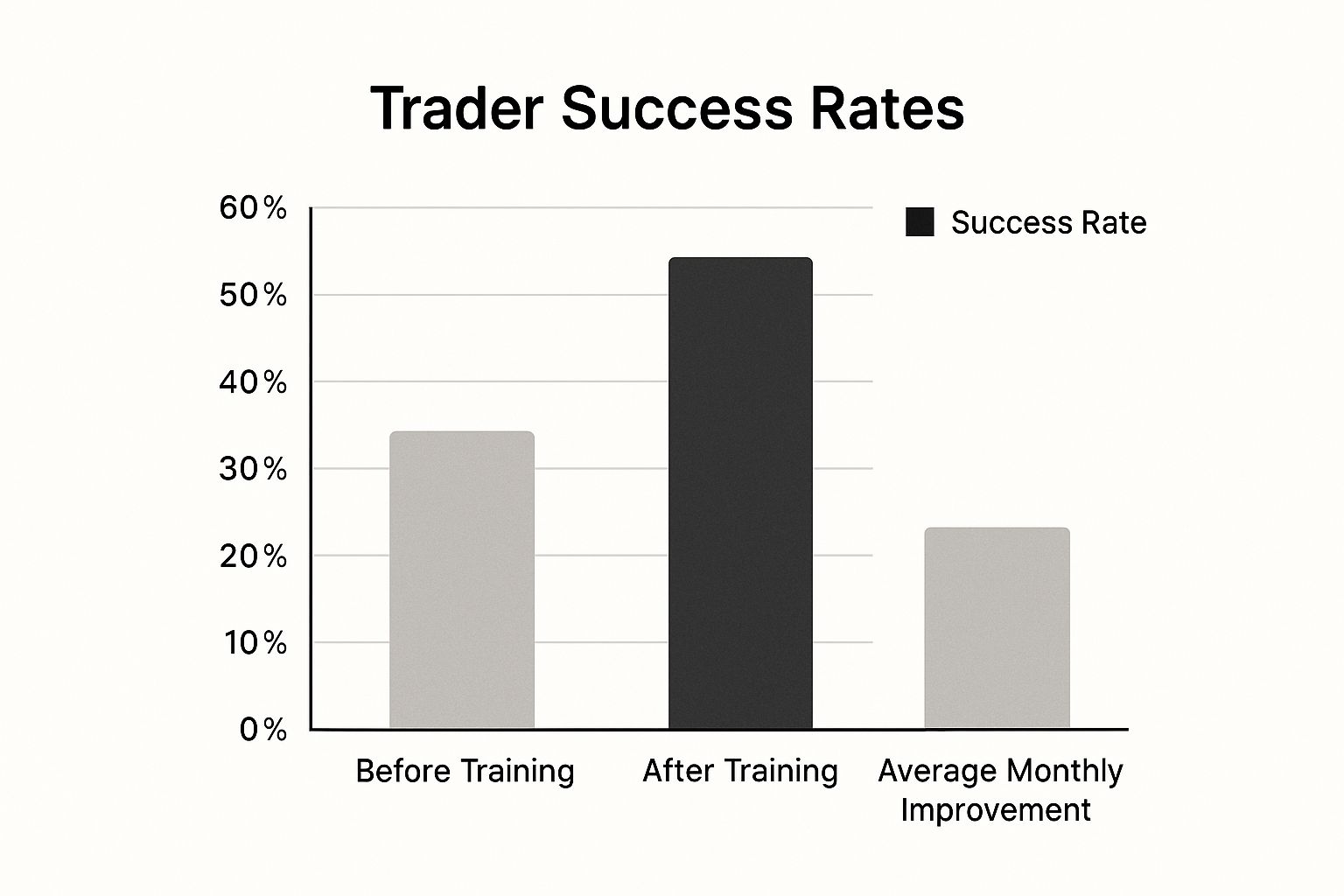
The data shows a significant rise in the success rate from 30% before training to 60% after applying the principles learned in a trading psychology course. The average monthly improvement rate of 10% further highlights the benefits of regularly using these techniques.
Tailoring Training to Experience Levels
Just as trading strategies develop with experience, the psychological hurdles traders face also change. A robust trading psychology course acknowledges these differences and adapts its methods:
-
Beginner Traders: Core concepts like risk management and emotional control are essential for new traders. Building a strong psychological foundation early leads to long-term success.
-
Intermediate Traders: Moving past limiting beliefs, managing performance anxiety, and improving decision-making are key areas for traders at this stage.
-
Advanced Traders: Building advanced mental toughness, handling complex trading portfolios, and maintaining peak performance under intense pressure are vital for experienced professionals.
Choosing the right trading psychology course, such as those offered by Colibri Trader, requires careful thought about these essential elements. Selecting a program that fits your particular needs and learning style is an investment in your long-term trading success. This helps you gain the psychological advantage needed to navigate the complexities of the market with confidence and consistency.
The Hidden Psychology Driving Market Movements
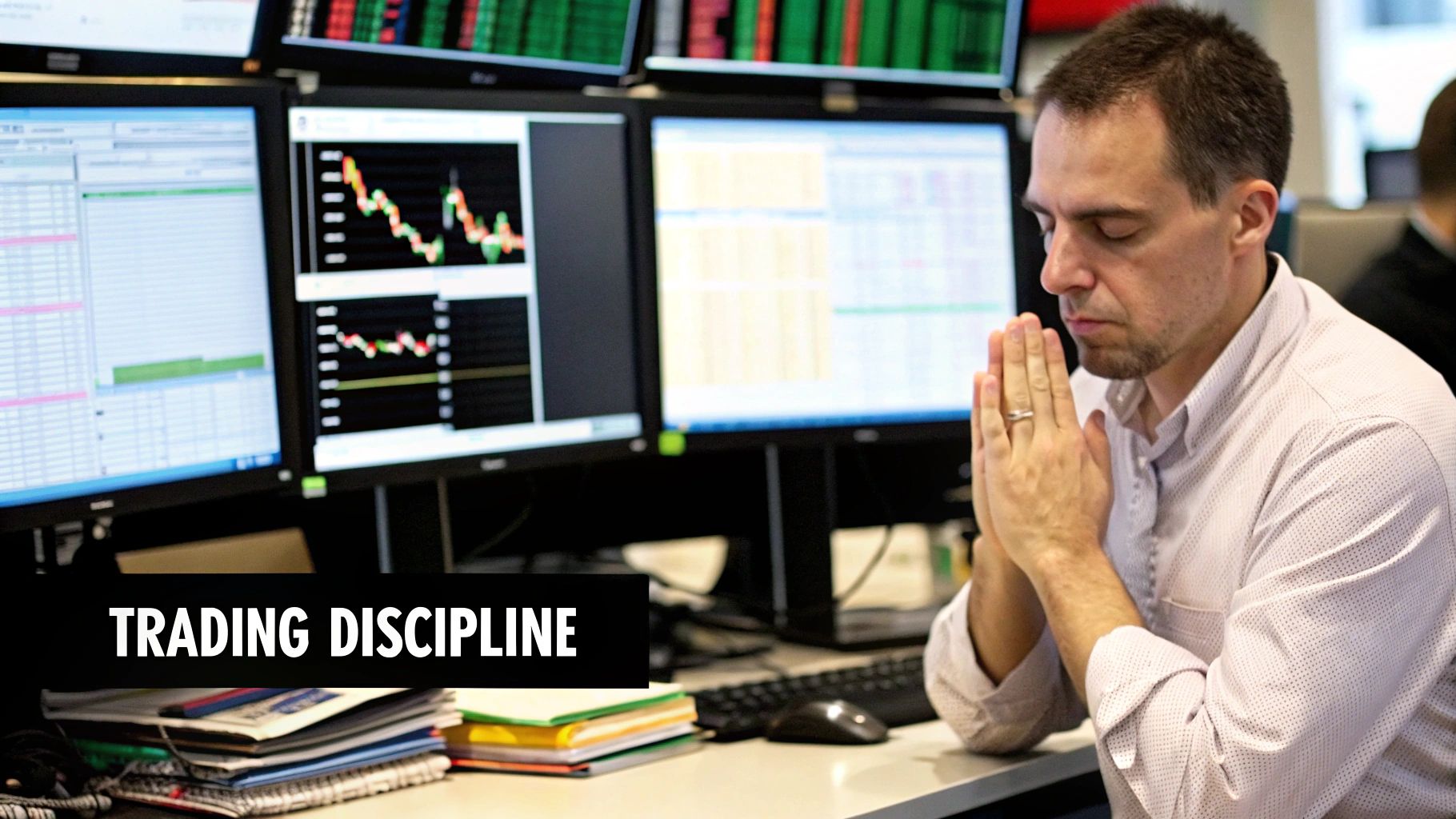
Markets are often seen as logical, driven by the numbers. But beneath the surface is market psychology: the combined emotional state of everyone involved. This often-unpredictable force has a huge impact on how prices move. Understanding this is key for traders who want to profit consistently.
Recognizing Emotional Patterns in Market Cycles
Market psychology creates repeating patterns across different markets and timeframes. For instance, irrational exuberance can drive prices sky-high, creating a bubble that eventually bursts into panic selling. Recognizing these psychological patterns is vital for predicting market turning points. This allows traders to use predictable emotional swings to their advantage.
Understanding how individual emotions combine into market trends also offers valuable insights. Fear and greed are the main drivers, but emotions like hope, doubt, and even boredom play a role. Learning to interpret these emotional currents allows traders to anticipate how they might impact the market. This can lead to more informed decisions and help traders capitalize on unseen opportunities.
The Power of Sentiment Over Fundamentals
Psychological factors can often outweigh fundamental analysis. Negative sentiment can trigger price drops even with positive economic data. Conversely, positive sentiment can drive prices up despite worrying fundamentals. Trading psychology is vital for understanding these behaviors.
Many traders use technical analysis, which is often affected by psychology. Patterns like the double bottom are well-known and can lead to reverse psychology scenarios. Traders may intentionally buck the trend, assuming others will follow the pattern, creating a self-fulfilling prophecy. Experts believe this can make market trends more reliant on psychological expectations than underlying analysis. Want to learn more? Watch this video: Understanding Market Psychology. Quality trading psychology education often starts with grasping the framework of online learning. Custom course development can be a useful tool.
Utilizing Market Sentiment Indicators
Understanding market sentiment – the overall psychological state – is crucial. Sentiment indicators can be even more effective than economic data for predicting movement. Trading psychology courses teach traders how to understand these indicators, essentially “reading” the emotional currents before they show up in price charts. This lets traders foresee shifts and adapt their strategies. This article might interest you: How to master your trading psychology. Mastering these skills offers a distinct edge, making consistent profits in the complex trading world more achievable.
Why Trading Psychology Education Is Experiencing a Boom
The trading world is undergoing a significant shift. Trading psychology, once a niche area of interest, is now widely viewed as essential for success. This change in perspective is fueling immense growth in the demand for trading psychology courses. But what's behind this boom?
Market Volatility and the Rise of Retail Trading
Increased market volatility plays a critical role. Unpredictable price swings create emotional pressure, highlighting the importance of mental resilience. This is particularly true for the expanding number of retail traders. These individuals often lack the formal training and support found in institutional settings, making them vulnerable to psychological traps. Consequently, many are seeking out trading psychology courses to develop the mental toughness required for navigating turbulent markets.
The rise of retail trading itself has also contributed to this trend. As more individuals enter the market, competition increases. This demands a competitive advantage, and traders are recognizing that psychological mastery can be the key differentiator between winning and losing. A trading psychology course offers the tools and strategies to cultivate this vital edge.
The Impact of Performance Research and Institutional Adoption
Strong research demonstrating the connection between psychology and trading performance has reinforced the value of psychological training. Studies indicate that traders who manage their emotions effectively tend to produce more consistent outcomes. This has spurred a shift in the industry, moving psychological training from an optional extra to a necessary component of trader development.
This emphasis is evident in the hiring practices of trading firms. Many now include psychological assessments in their recruitment process. This underscores the understanding that even highly skilled traders may falter without the psychological resilience to execute strategies under pressure. The result? Even technically-minded traders are now significantly investing in their psychological development through specialized courses.
The Growing Importance of Psychology and Trading Performance
The demand for trading psychology courses has grown substantially in recent years, driven by the acknowledgement of psychology's critical role in trading performance. Courses like the Global Certificate in Trading Psychology have gained global popularity, offering flexibility and accessibility to students worldwide. These courses aim to enhance understanding of market behavior and improve decision-making skills. For example, the Global Certificate course emphasizes managing emotions and overcoming biases, equipping learners with the necessary tools to thrive in high-pressure trading environments.
Evolving Course Structures to Meet Diverse Needs
Trading psychology courses have adapted to accommodate the varying needs of modern traders. Programs now cater to a wide spectrum of learning styles and experience levels. Some courses concentrate on the unique challenges faced by independent retail traders, while others target institutional professionals managing extensive portfolios. This adaptation reflects the growing awareness of the diverse psychological demands in the trading world, ensuring traders of all backgrounds can access targeted psychological training. This improved accessibility and customized approach further fuels the boom in trading psychology education.
Finding Your Perfect Trading Psychology Course Match

With so many trading psychology courses available, finding the right one can be a real challenge. This section offers a framework to help you evaluate course quality and ensure it aligns with your unique trading style and personal challenges. Picking the right course can be a game-changer for your trading performance.
Evaluating Course Quality and Effectiveness
It takes a discerning eye to separate truly effective programs from superficial solutions. Instructor credentials, evidence-based methodologies, and the level of implementation support are key evaluation criteria. An instructor with a proven trading record and solid psychology background brings invaluable real-world experience.
A course rooted in established psychological principles and research provides a much stronger base for lasting change. This means you can apply the techniques with confidence, knowing they’re supported by credible research.
Identifying Your Trading Vulnerabilities
Understanding your individual psychological strengths and weaknesses is crucial for selecting the most impactful course. Certain assessments can help pinpoint your specific trading vulnerabilities, such as impulsivity or the fear of missing out (FOMO).
These insights help direct you to courses designed to address those specific areas. For example, if you struggle with impulsive decisions, a course focusing on emotional regulation techniques could be beneficial. If FOMO is your nemesis, a course centered on risk management and cultivating patience might be a better fit. Learn more in our article about How to master your trading psychology with books.
Recognizing Red Flags and Identifying Hallmarks of Quality
Certain red flags can indicate ineffective trading psychology programs. Unrealistic promises of quick riches, lack of a structured curriculum, and over-reliance on motivational speeches are some key warning signs.
In contrast, high-quality courses emphasize practical, actionable strategies for managing emotions and making better decisions. This distinction is vital to understand as you look for a course that delivers tangible, lasting results rather than short-lived inspiration.
Key Considerations for Choosing the Right Course
Here are some additional points to consider:
- Course Length and Depth: A comprehensive course will dedicate sufficient time to explore concepts thoroughly.
- Practical Application: Seek out courses incorporating practical exercises, simulations, or case studies to connect theory with real-world trading scenarios.
- Community and Support: A supportive community or mentorship program can significantly enhance the learning experience and provide valuable accountability.
Making Informed Decisions for Measurable Improvement
To help streamline your decision-making process, we’ve created a comparison framework to guide your course selection. The following table summarizes key evaluation criteria, questions to ask, and potential red and green flags to watch for.
Trading Psychology Course Comparison Framework: A detailed evaluation framework to help traders choose the most suitable trading psychology course based on various important factors.
| Evaluation Criteria | Questions to Ask | Red Flags to Watch For | Green Flags to Look For |
|---|---|---|---|
| Instructor Credentials | What is the instructor’s background in trading and psychology? | Lack of verifiable experience or qualifications | Proven trading success and relevant psychological expertise |
| Methodologies | Are the techniques evidence-based and grounded in research? | Reliance on anecdotal evidence or motivational platitudes | Use of proven psychological principles and strategies |
| Implementation Support | Does the course offer tools, resources, or community support for applying the concepts? | Limited or no post-course support | Ongoing guidance, community forums, or personalized feedback |
| Course Structure | Is the curriculum well-structured and comprehensive? | Vague or disorganized content | Clearly defined modules and learning objectives |
This framework empowers you to choose a trading psychology course that translates knowledge into measurable trading performance improvements. It helps you make informed decisions, maximizing your investment of both time and resources. A well-chosen trading psychology course is an investment in your long-term trading success, equipping you with the mental framework to achieve consistent profitability.
Transforming Course Concepts into a Trading Edge
A trading psychology course offers valuable knowledge. However, its true power comes from practical application. This means connecting theory with real-world execution, particularly under pressure. This section explores proven methods successful traders use to transform course concepts into a tangible trading edge.
Building Your Psychological Trading System
Integrating psychological principles into your trading routine requires structure. Think of it as constructing a personalized psychological trading system. This involves developing checklists, establishing pre-trade rituals, and maintaining a detailed trading journal.
-
Psychological Checklists: These checklists act as a pre-trade routine. They help you evaluate your emotional state and ensure you're sticking to your trading plan. A sample checklist might include questions like: "Am I feeling impulsive?" or "Does this trade align with my risk tolerance?"
-
Pre-Trade Mental Preparation Rituals: Just like athletes preparing for a game, traders can utilize rituals to get their minds ready for optimal performance. This could involve deep breathing, visualization, or reviewing past trading successes.
-
Trading Journal Calibration: A good trading journal goes beyond simple win/loss tracking. It includes dedicated sections for noting your emotional state before, during, and after each trade. This allows you to spot patterns in your psychological responses to market events. You might find this article helpful: How to master discipline in trading.
Maintaining Discipline During Volatility
Market volatility often triggers strong emotions. This can make it difficult to stay disciplined. Successful traders develop frameworks and strategies to handle these periods. This includes planning for various market scenarios and setting clear exit strategies to prevent emotional decisions under pressure.
For example, during high volatility, traders might reduce their position sizes or temporarily step away from the market. This helps avoid impulsive trades driven by fear or greed. As you refine your trading psychology, understanding modern technologies can be beneficial. For more on this, explore this resource on chatbot technology.
Recovering from Psychological Setbacks
Even with thorough preparation, setbacks are inevitable. The key is to develop strategies for a quick recovery and to learn from those experiences. This involves analyzing your trading journal to pinpoint the factors contributing to the setback. Then, you can adjust your checklists and pre-trade rituals accordingly.
Traders also often use techniques like mindfulness or meditation to build resilience and maintain a balanced outlook. These practices help manage trading stress and foster a more objective decision-making process.
By implementing these practical systems, traders can translate theoretical knowledge into a real-world advantage. This leads to increased confidence, better decision-making, and ultimately, a higher potential for consistent profits.
Ready to improve your trading? Visit Colibri Trader today to explore our courses. We offer resources designed to equip you with the psychological tools and strategies you need for long-term success in the markets.


